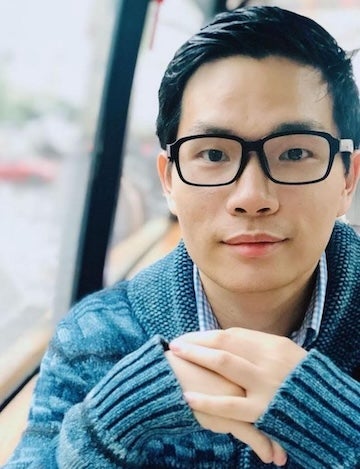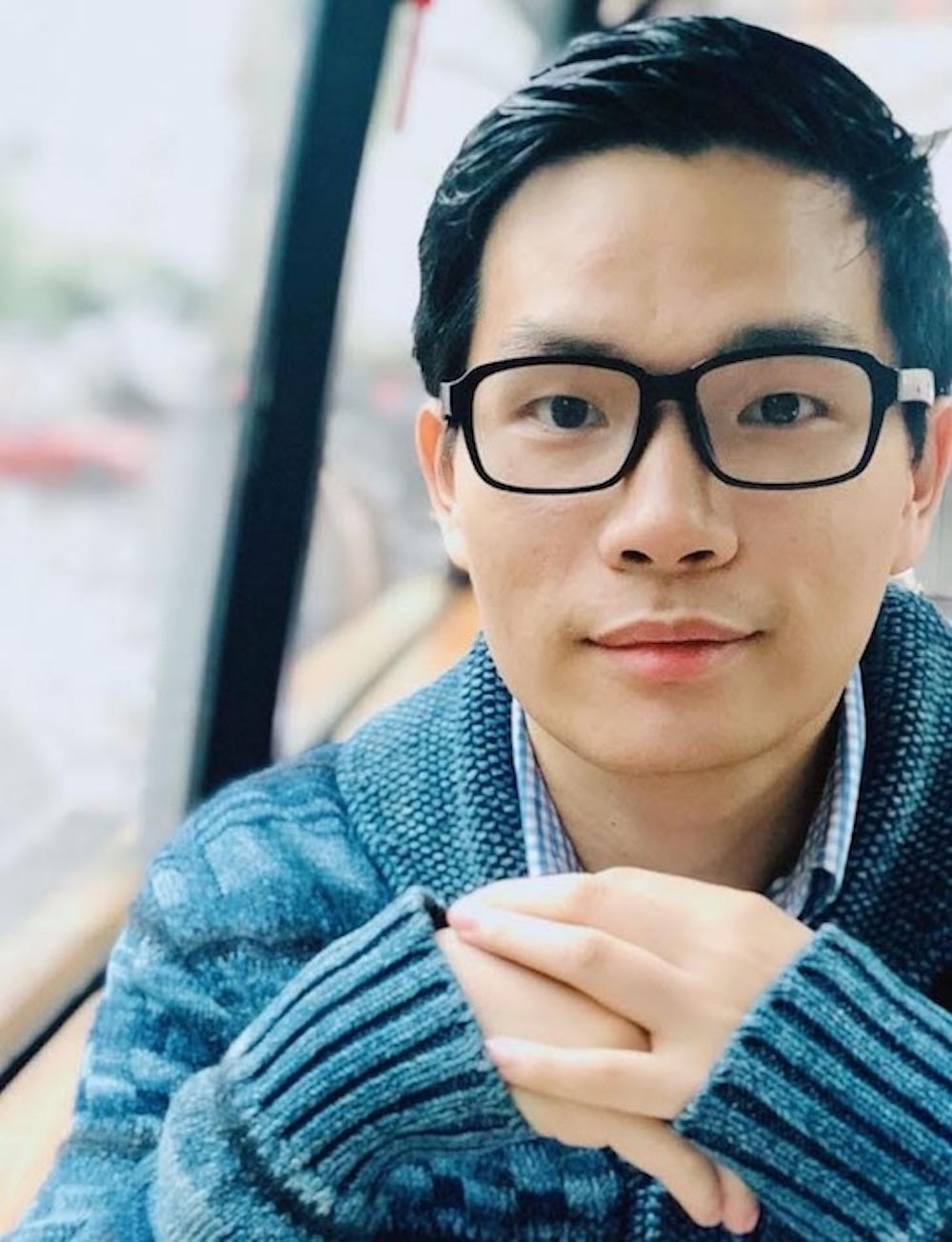Yonglong Xie, an assistant professor of physics and astronomy at Rice University, has been named to the 2024 Innovators MIT Technology Review Innovators Under 35 (TR35) China list and is also a recipient of the 2025 Oak Ridge Associated Universities (ORAU) Ralph E. Powe Junior Faculty Enhancement Award.

The TR35 China Award recognizes young innovators whose work is expected to shape the future of science and technology. Xie was honored for his research on quantum phenomena in moiré materials.
As a condensed matter experimentalist, Xie explores how the interplay between topology and electronic correlations in moiré materials can lead to unprecedented quantum states. His work has advanced the understanding of the unique behaviors of electrons in stacked graphene layers that are rotated at precise “magic angles.”
“We are just beginning to understand the depth of possibilities in moiré materials,” Xie said. “This recognition encourages us to continue exploring the unknown and to push the boundaries of condensed matter physics.”
In his earlier research, Xie conducted spectroscopic measurements of magic-angle graphene, demonstrating that electron interactions dominate energy dynamics across various doping levels. He also discovered fractional Chern insulators in the same system, revealing that the fractional quantum Hall effect may occur without the need for a large external magnetic field, a breakthrough with far-reaching implications for future quantum technologies.
Additionally, his recent findings have challenged prevailing views on supermoiré lattices. While these structures were previously regarded as imperfections, Xie has shown that they can uncover hidden properties and may even be harnessed to create new material behaviors. His research positions him at the forefront of this rapidly evolving field.
Xie is also one of 36 recipients of the Powe Award, which provides $5,000 in seed funding to support early career faculty and often helps secure additional research funding from other sources.
Xie joined Rice in 2023 after completing postdoctoral work at Harvard University and engaging in collaborative research with leading condensed matter groups at the Massachusetts Institute of Technology. He also studied at École Normale Supérieure in Paris and earned his doctorate in physics from Princeton University in 2019. His past recognitions include the National Science Foundation CAREER award, the Chinese government’s Award for Outstanding Self-financed Student Abroad and the Harvard Quantum Initiative Postdoctoral Fellowship.

